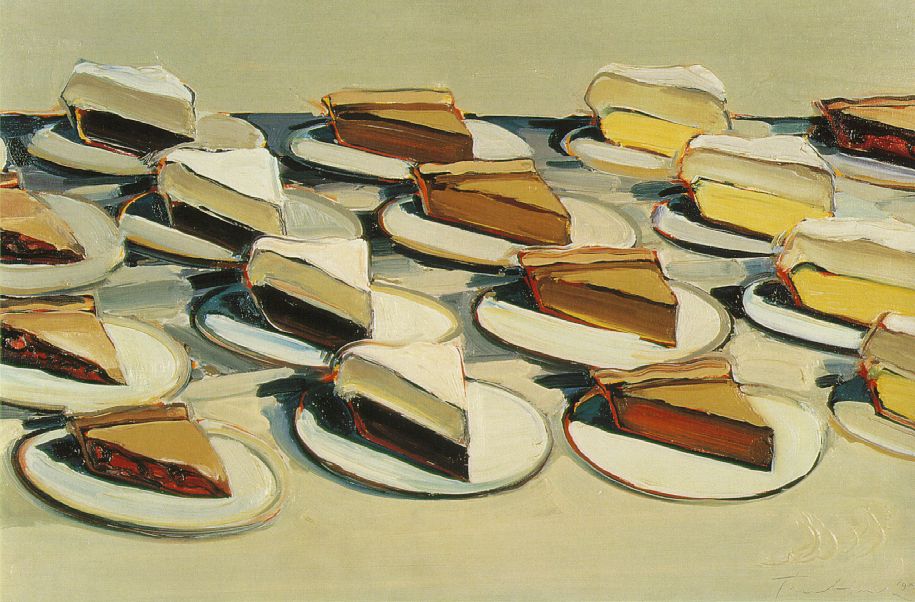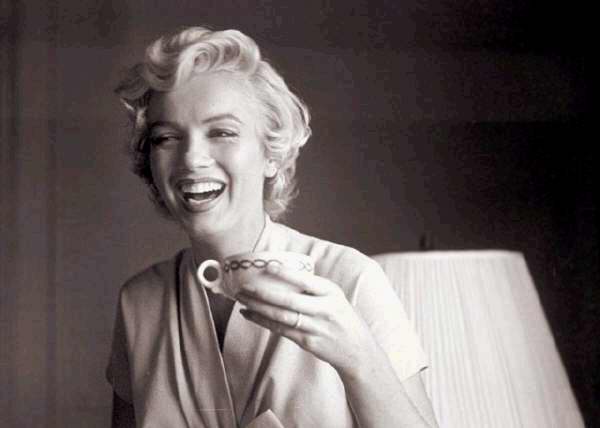
On Saturday morning, I had my first experience delivering groceries to seniors with We Are Family D.C.*
There were about thirty-five people at the meeting place when I got there; the man in charge said our numbers were lighter than usual, so we’d have to pull together to get it all done. Lucky for us, Girl Scout Troop 714 was there that morning, so really, we had the strength of the Light Brigade!
There were undergrads there, too, as well as folks working in conjunction with other charity organizations, and there were a handful of people like me who just came on their own. (About 1/3 of the entire group was helping for the first time.) Our first job was to take over 100 bags and dozens of boxes of non-perishable groceries from the back of a huge van and stage them in the parking lot. Then we all pow-wowed in a big meeting room so we could get the plan for the day and meet each other. After that, we were split up into groups.
I was teamed up with James, a twenty-something who helped start “Sonos Familias,” the Spanish arm of the organization, and Pete, a seventy-something who has been delivering groceries and paying visits to D.C. area seniors for twelve years. We loaded up Pete’s car with our share of bags and boxes; James got our list of names and addresses. Pete drove, I sat in back.
“Okay, the first house we’re going to,” Pete said, turning the wheel, “is Esther’s. Now, Esther is one of my favorites.” (Pete said this about every person we visited.) He told us all about Esther, how he makes sure she’s taking her insulin and how some weekends he’ll take her a bag of vegetables on his own dime. “Toward the end of the month, she needs it,” Pete said. Then he honked at a driver and made a creative left turn. “What a jerk!” Pete said, and then went back to telling me and James about Esther.
I listened to all Pete’s stories and looked out the car windows. We drove through parts of D.C. that I hadn’t been in, yet. Without doing something like this, how will I ever see the whole city?
Pete would wait in the car while James and I took bags and boxes to the doors. Some folks weren’t home or weren’t answering, but most people came to the door. Some wanted to visit a little, some didn’t. Everyone was grateful, everyone smiled to see us. The man in charge told us when we were in our huddle that a lot of these older folks had been in their houses for forty years, fifty years.
“They were in their neighborhoods when the civil rights riots were happening, through the crack epidemic in the ’80s. Now the neighborhoods are changing and it’s… I mean, if anyone earned the right to be there, to stay there, it’s them.”
James and I were buzzed into one house that was all shuttered up. From the outside, it looked empty. We stepped into an entryway that was dark but tidy. The whole place had a strange smell to it: a combination of face powder, dust, and canned green beans.
“Coming down,” a weak voice called from upstairs. James and I stood by the beautiful, dusty oak bannister and watched an elderly woman ride a chair lift slowly, slowly down the stairs. James and I were patient and talked to her while she made the trip. Pearl had big sunglasses on, compression socks, a housedress, and orthopedic shoes. Her dark skin was ashy and she didn’t have many teeth, but — and I’m not just saying this — she looked great. She was getting around. She was sharp. When James asked her how long she had lived here, she said, with great pride, “Forty-nine years, honey, right here.”
“We love this bannister,” James said. “It’s beautiful.”
“It was painted, you know, but that wouldn’t do, so I did it.”
I wasn’t sure I had heard correctly. “I’m sorry, Pearl, did you say that you stripped the bannister and stained it?”
“Yes, I did.”
James and I took the box of groceries to the kitchen, visited a while longer, and then went back out to the car to go to the next spot. The group meets several times a month. I plan to join them again, and probably a lot.
*The organization is remarkable not just for the service it provides but for its efficiency, history, and reach. If you’re in the D.C. area and think you might like to do some community service, I can’t recommend WAF enough.



